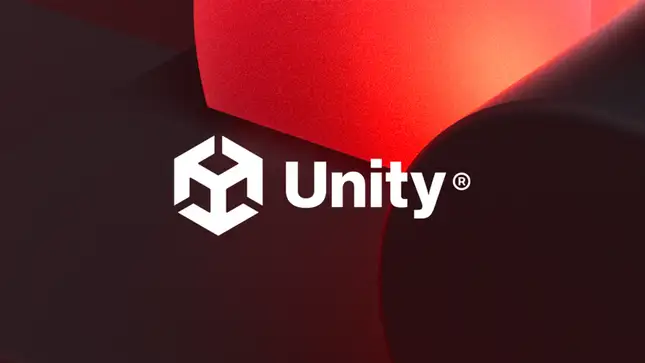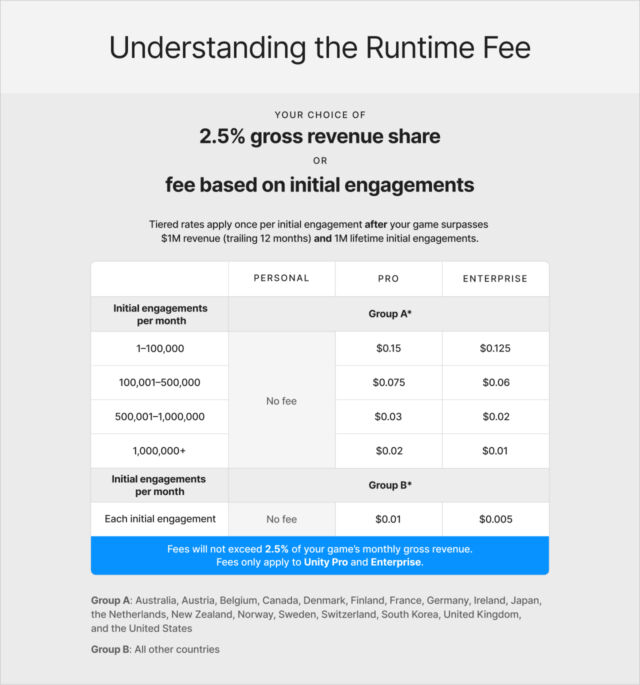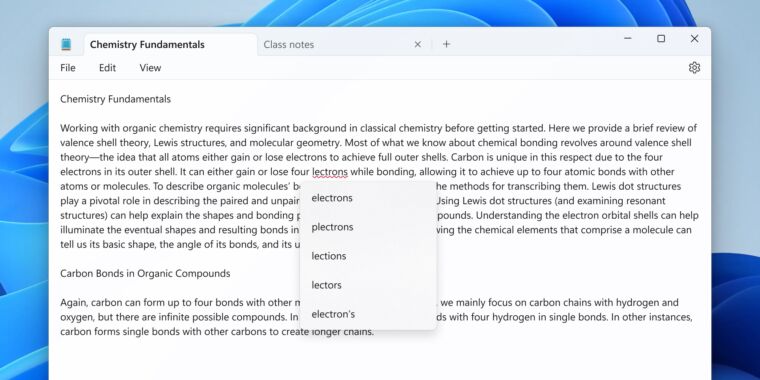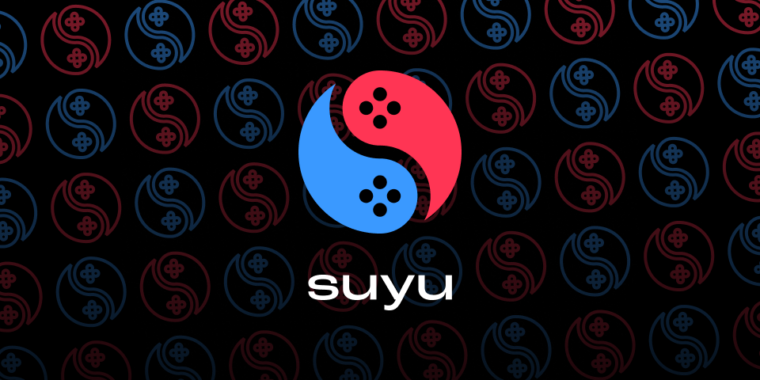
Unity has made major changes to the per-install Runtime Fee program it announced last week and made apologies for a policy that united large swathes of the game development community in anger.
In a new blog post, Unity now says that projects made on current and earlier versions of Unity will not be subject to the new runtime fee structure. Only projects that upgrade to a new “Long Term Support” (LTS) version of Unity starting in 2024 and beyond will have to pay the charges, the company says.
This change should eliminate at least some of the legal confusion over projects started under one set of terms being moved to a new set unilaterally. Unity has also restored a GitHub page that was set up in 2019 to help developers track Terms of Service changes and reinstated its commitment that “you can stay on the terms applicable for the version of Unity editor you are using – as long as you keep using that version.”
“I am sorry,” Unity executive and industry veteran Marc Whitten said in the blog post. “We should have spoken with more of you and we should have incorporated more of your feedback before announcing our new Runtime Fee policy. Our goal with this policy is to ensure we can continue to support you today and tomorrow, and keep deeply investing in our game engine. You are what makes Unity great, and we know we need to listen, and work hard to earn your trust. We have heard your concerns, and we are making changes in the policy we announced to address them.”
“Free” is once again free
Under the newly announced plan, runtime fees will not apply to any projects made on the Unity Personal tier, which will remain completely free. In addition, Unity Personal projects will now be able to stay on that free tier until the developer behind them makes $200,000 in annual revenue, an increase from the previous $100,000 revenue cap. And Personal tier projects will no longer be required to put a “Made with Unity” splash screen at the start of play.
In addition, Unity now says the new runtime fees will only be incurred for projects that have reached $1 million in revenue in the last 12 months and 1 million “initial engagements” in their lifetime. Fees will also be capped at 2.5 percent of revenue, preventing situations where projects with huge install numbers but small amounts of revenue per install could theoretically go bankrupt via the accumulation of small fees.

Both “engagement” and project revenue numbers will be self-reported monthly “from data you already have available,” Unity says, a move that should help allay some privacy concerns over Unity’s previous vaguely reported methods of tracking installs.
The new “per initial engagement” runtime fees now top out at $0.15 (for Unity Pro customers with less than 100,000 initial engagements per month) and go down to $0.01 (for Unity Enterprise subscribers with over 1 million monthly initial engagements).
Don’t call them “installs”
The change from “installs” in last week’s announcement to “initial engagements” this week is intended to replace a term “the community found to be unclear,” according to a Unity FAQ. As a statistic, the initial engagement number is meant to track “a distinct end user [who] successfully and legitimately acquires, downloads, or engages with a game powered by the Unity Runtime, for the first time in a distribution channel.”
This definition means that multiple installs by a single user (on a single or multiple devices) should not count multiple times toward the total. Public displays of a game (in a museum, for instance) will only count once as well, and pirated copies should not count at all. A single user purchasing a game from two different app stores would count as two “initial engagements,” however, and games distributed via subscription and streaming services or WebGL applications will need to pay per user.
Unity acknowledges this might be a hard statistic for developers to precisely track and expects developers to estimate based on “readily available data” like units sold and first-time user downloads. For those who can’t make an accurate estimate, Unity recommends using the alternative 2.5 percent revenue share cap.
All is forgiven?
Initial reactions to the new policy from some of Unity’s critics have been cautiously positive so far. “You know what, on first glance, I think this works?” indie developer and consultant Rami Ismail wrote on social media after days of taking Unity to task publicly. “No retroactivity left, LTS [version] stability, no black-box data, yeah? I think that works for every use-case.”
“Unity did well here,” 3D Realms co-founder and current indie developer George Broussard added. “Sort of nailed it. This is more of a walk back than anyone could have expected.”
“Unity fixed all the major issues (except trust), so it’s a possibility to use again in the future,” indie developer Radiangames wrote. “Uninstalling Godot and Unreal and getting back to work on Instruments.”
Others were less forgiving. “Unity’s updated policy can be classified as the textbook definition of, ‘We didn’t actually hear you, and we don’t care what you wanted,'” Cerulean and Drunk Robot Games engineer RedVonix wrote on social media. “We’ll never ship a Unity game of our own again…” they added.







